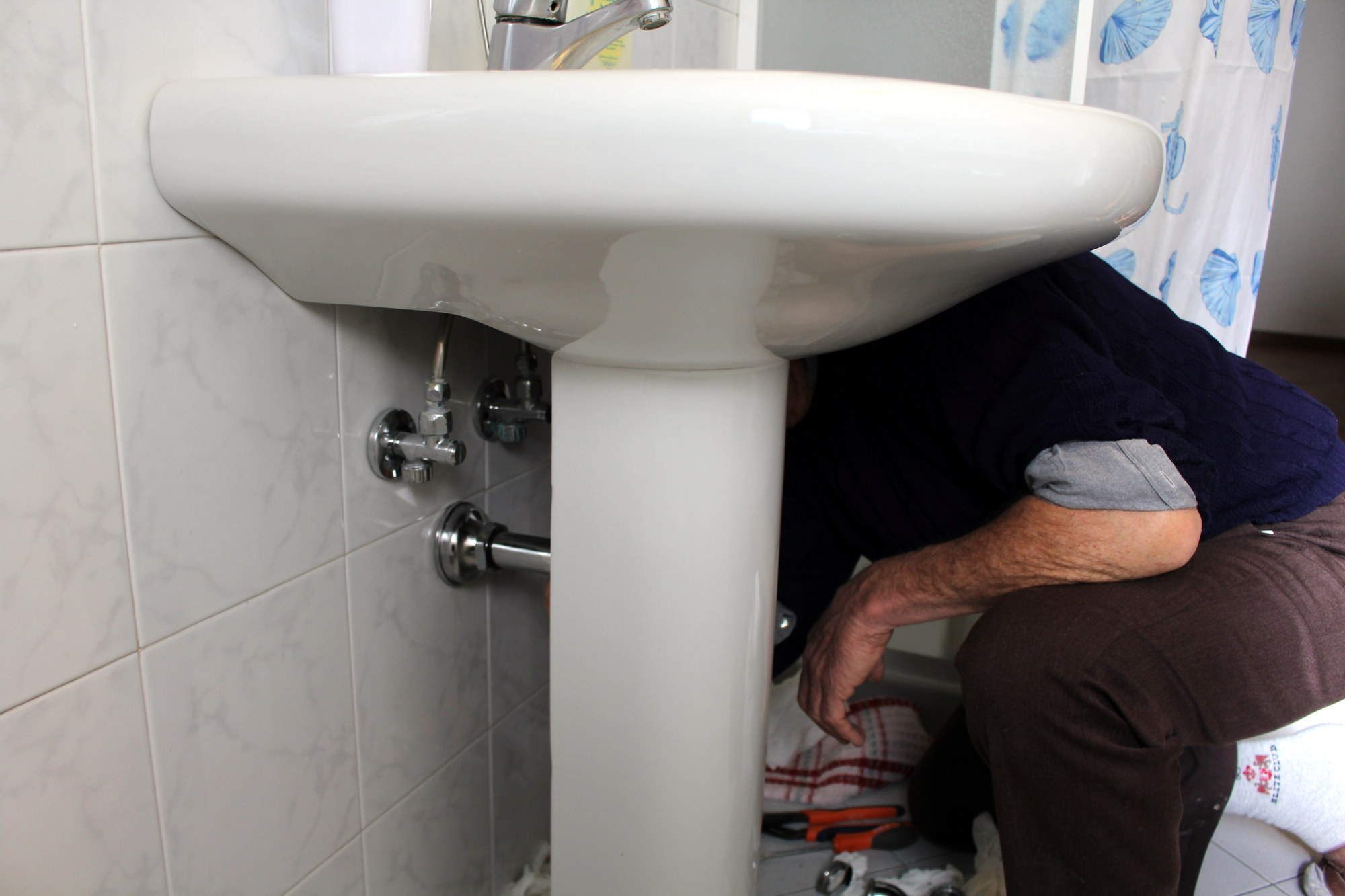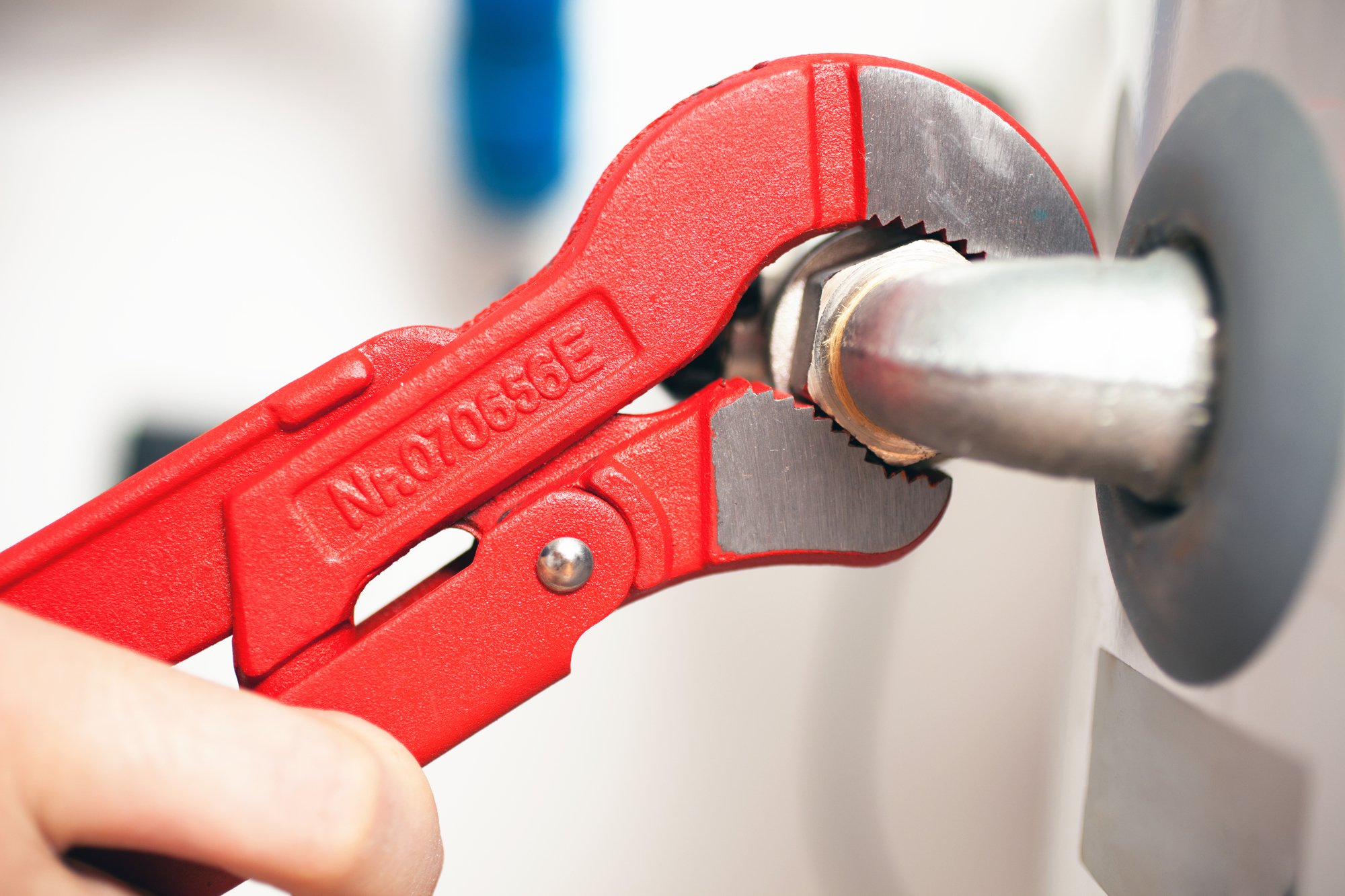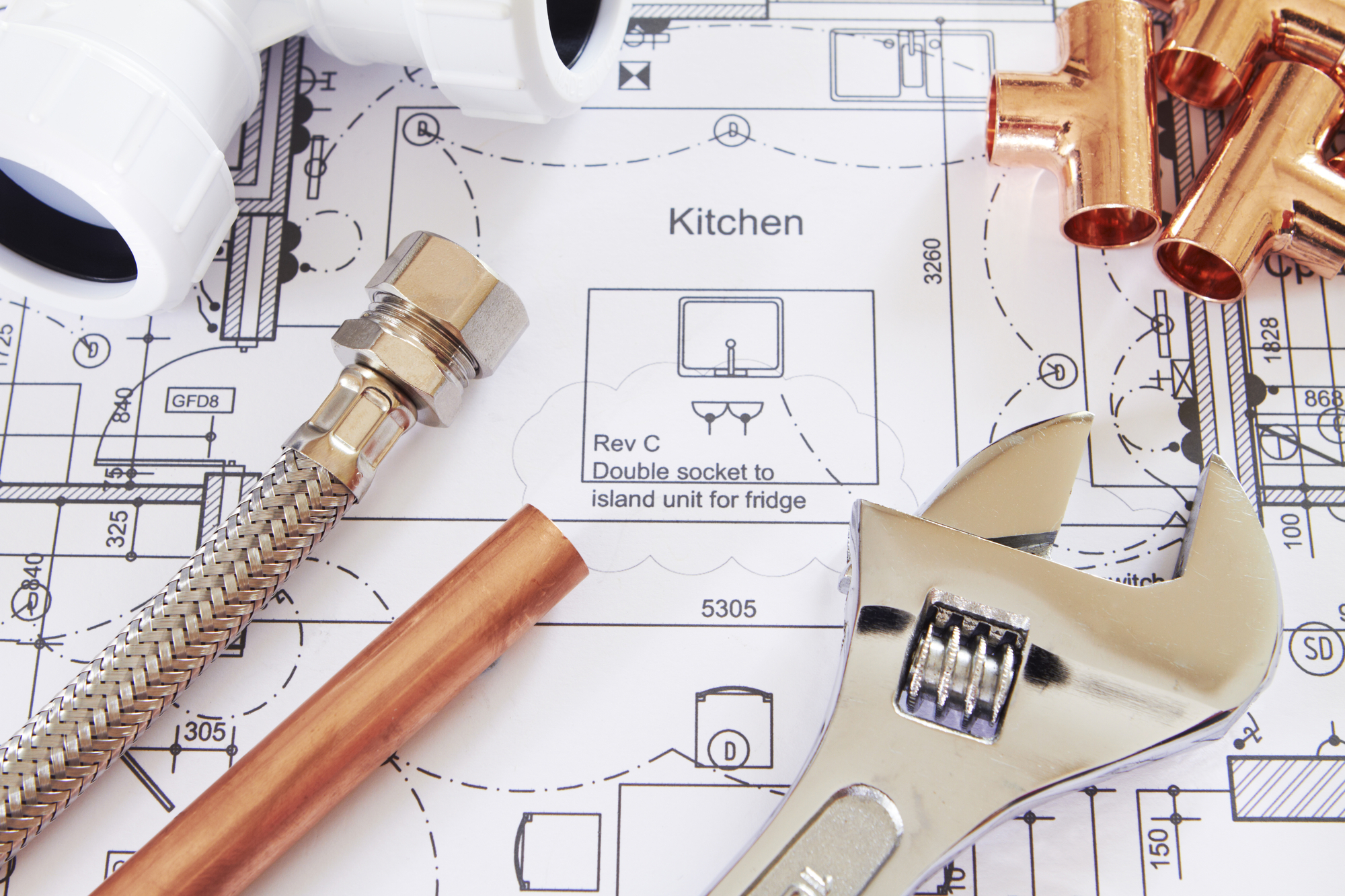Home safety is not something that should be taken lightly. Accidents can happen at any time, and it is important to be prepared in case of an emergency. When it comes to plumbing, there are certain safety precautions that homeowners should have on the ready to prevent any potential disasters. In this article, we will be discussing five safety precautions that homeowners should have in place for their plumbing systems.
1. Know The Location of Your Water Main
The water main is the pipe that brings water into your home. Knowing its location is crucial in case of a burst pipe or other water-related emergency. If you have to shut off the water to your home, the water main is where to do it.
If you don’t know where your water main is located, it’s important to locate it as soon as possible. Ensure that all members of your household know where it is and how to shut it off in case of an emergency.

2. Install Carbon Monoxide Detectors
Many homeowners are not aware that plumbing systems can produce carbon monoxide. Carbon monoxide is a colorless, odorless gas, which can be deadly if left unchecked. It is produced when fuel such as natural gas, propane, or wood is not burned completely.
Installing carbon monoxide detectors can alert you to dangerous levels of carbon monoxide in your home, which can save lives. Place detectors in bedrooms, living rooms and near any appliances that use fuel sources.
3. Inspect Your Plumbing System Regularly
It’s important to inspect your plumbing system regularly to ensure that everything is in good working order. This can prevent any potential leaks or burst pipes before they turn into emergencies.
Look for any signs of water damage or discoloration on the walls, ceilings, or floors. Check under sinks, behind toilets, and around any other water fixtures to ensure that there are no leaks or drips.

4. Keep Your Water Heater Up To Date
The water heater is an essential part of your plumbing system, and it’s crucial to keep it up to date with regular maintenance. Water heaters can become dangerous if they are not properly maintained, leading to gas leaks or explosions.
Ensure that your water heater is up to local codes and regulations, and have it inspected by a licensed plumber at least once a year. This will not only increase the safety of your home, but also the efficiency of your system, which can help save you money on your energy bills.
5. Have A Plan In Case Of An Emergency
Even with all the safety precautions in place, emergencies can still happen. It’s important to have a plan in place in case of a plumbing emergency. This includes knowing the location of your water main and how to shut it off, who to call, and where to go if you have to evacuate.
Have a list of emergency contacts on hand, including your local plumber and your insurance company. Ensure that everyone in your household knows what to do in case of an emergency.
Conclusion
By having these five safety precautions in place, homeowners can protect themselves and their families from potential plumbing accidents. Knowing the location of your water main, installing carbon monoxide detectors, inspecting your plumbing system regularly, keeping your water heater up to date, and having an emergency plan are all important steps to ensure the safety of your home and family. Remember to always work with a licensed plumbing professional for any plumbing work that needs to be done in your home. For reliable plumbing services, visit aceplumbingrepair.com or give us a call at (844) 711-1590.






